This week, we get into whether the human genome can be patented. A lot of people, when they think about the Supreme Court, think about big constitutional issues, abortion, gay marriage, death penalty, guns, etc. All of that is of course super important, but the Court has an outsized influence on so many other areas of our lives.
The Myriad case is a perfect example. The case might actually influence your life more than just about any other. It concerns whether the human genome can be patentable. That is, can a company assure assert that is, can a company assert ownership over a gene sequence that exists in your body? And the stakes are huge. The case Myriad Genetics’s facts concerned patenting BRCA1 and BRCA2, which are two genes that, if you have them, mean you have a very high risk of getting an aggressive form of breast cancer. But the case reaches far beyond those two genes to reach all gene patents. The Reagan Administration onward issued gene patents, and roughly 20,000 had been issued until the US Supreme Court got involved.
Courtside has no ads and is a reader-supported publication. To receive new posts and support my work, consider becoming a free or paid subscriber.
We’ll break it down with Katie Couric, someone who is crazy talented at breaking down complex ideas. She’s also got her own personal connection to these issues, and we’ll get into that as well.
But before getting into all of that, I’m going to cover this week’s legal news, and focus in particular on two big Supreme Court cases that were recently decided, Moore v. Harper and the affirmative action cases. Moore v Harper was my big win, and I’m going to take you behind the scenes. The Court invalidating the Republican party’s “independent state legislature theory,” which posited that state legislatures could act unconstrained from their own constitutions and courts in setting rules for federal elections. The Supreme Court, in a 6-3 opinion by the Chief Justice, rejected this argument, a win that former appeals judge Michael Luttig said was the most important case for democracy in the nearly 250 years of the Court’s existence
But, as always, you come for the deep dive on a Supreme Court case, and Katie does not disappoint with a fascinating discussion about Myriad Genetics. We will learn all about the Court’s unanimous ruling, written by Justice Clarence Thomas, who found that Myriad could not patent these genes. The Court found that
they were products of nature and therefore ineligible for patent protection. However, the court permitted patent protection for manipulated gene sequences, including a synthetic, lab-produced form of DNA called cDNA. The result of the decision was to usher in a new field of genomics and personalized genetic medicine. You’ll get to hear all about it, and also so much about Katie’s own story in this space. And I also spend some time with her discussing her interview secrets and how she is able to do what she does. It’s a fascinating discussion with an amazing person who has seen it all.
Here is a short three page about the decision
Myriad
104KB ∙ PDF file
Here is an abridged version of the decision
Abridged Myriad Genetics
123KB ∙ PDF file
Here is a full version of the decision
Full Myriad Genetics (1)
226KB ∙ PDF file








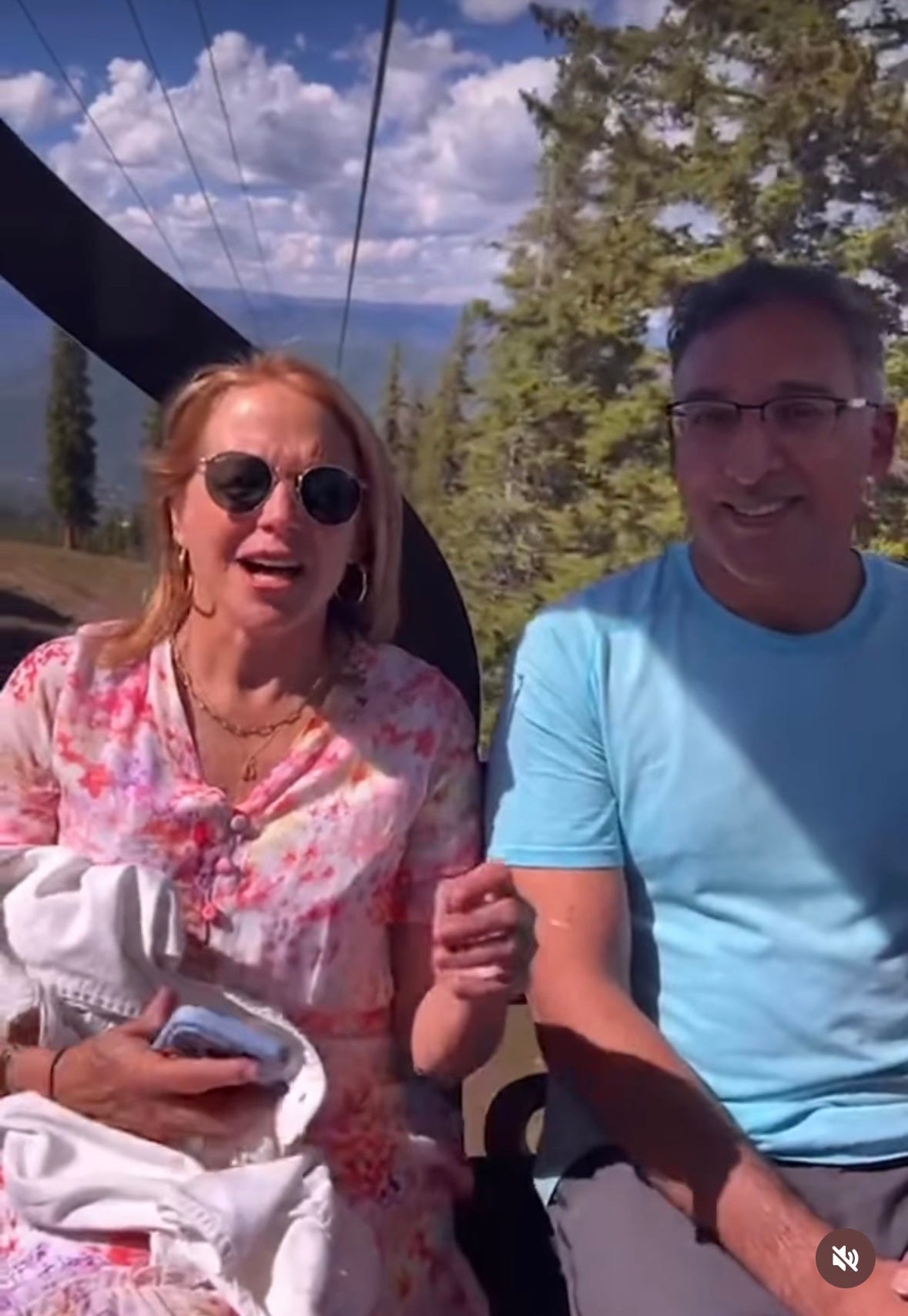







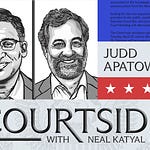
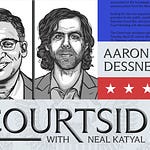
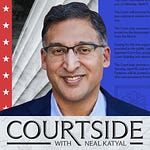
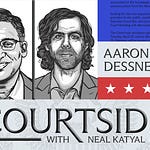
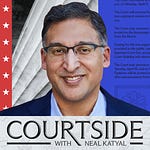
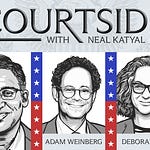
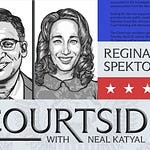
Courtside Episode 3 with Katie Couric